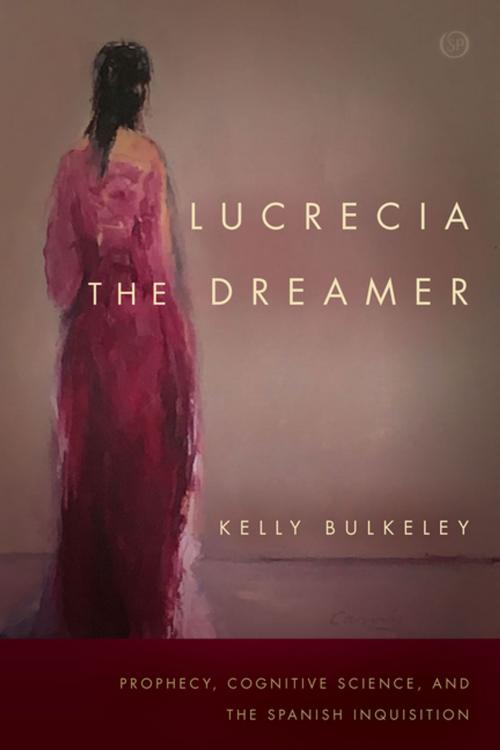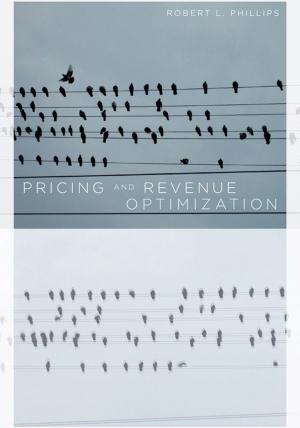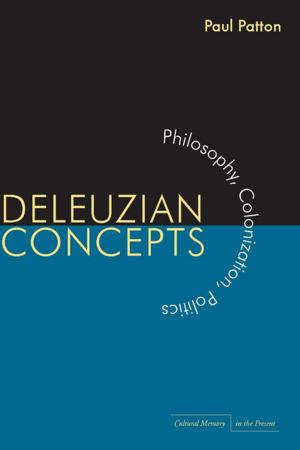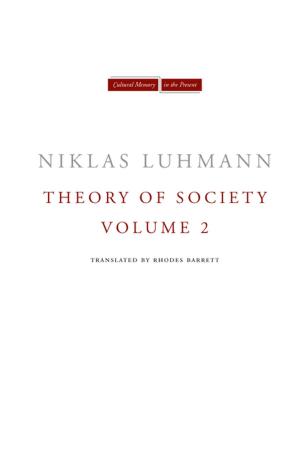Lucrecia the Dreamer
Prophecy, Cognitive Science, and the Spanish Inquisition
Nonfiction, Religion & Spirituality, Reference, Psychology of Religion| Author: | Kelly Bulkeley | ISBN: | 9781503604483 |
| Publisher: | Stanford University Press | Publication: | February 27, 2018 |
| Imprint: | Stanford University Press | Language: | English |
| Author: | Kelly Bulkeley |
| ISBN: | 9781503604483 |
| Publisher: | Stanford University Press |
| Publication: | February 27, 2018 |
| Imprint: | Stanford University Press |
| Language: | English |
Set in late sixteenth-century Spain, this book tells the gripping story of Lucrecia de León, a young woman of modest background who gained a dangerously popular reputation as a prophetic dreamer predicting apocalyptic ruin for her country. When Lucrecia was still a teenager, several Catholic priests took great interest in her prolific dreams and began to record them in detail. But the growing public attention to the dreams eventually became too much for the Spanish king. Stung that Lucrecia had accurately foreseen the defeat of the Spanish Armada in 1588, Philip II ordered the Inquisition to arrest her on charges of heresy and sedition. During Lucrecia's imprisonment, trial, and torture, the carefully collected records of her dreams were preserved and analyzed by the court. The authenticity of these dreams, and their potentially explosive significance, became the focal point of the Church's investigation.
Returning to these records of a dreamer from another era, Lucrecia the Dreamer is the first book to examine Lucrecia's dreams as dreams, as accurate reports of psychological experiences with roots in the brain's natural cycles of activity during sleep. Using methods from the cognitive science of religion, dream researcher Kelly Bulkeley finds meaningful patterns in Lucrecia's dreaming prophecies and sheds new light on the infinitely puzzling question at the center of her trial, a question that has vexed all religious traditions throughout history: How can we determine if a dream is, or is not, a true revelation?
Set in late sixteenth-century Spain, this book tells the gripping story of Lucrecia de León, a young woman of modest background who gained a dangerously popular reputation as a prophetic dreamer predicting apocalyptic ruin for her country. When Lucrecia was still a teenager, several Catholic priests took great interest in her prolific dreams and began to record them in detail. But the growing public attention to the dreams eventually became too much for the Spanish king. Stung that Lucrecia had accurately foreseen the defeat of the Spanish Armada in 1588, Philip II ordered the Inquisition to arrest her on charges of heresy and sedition. During Lucrecia's imprisonment, trial, and torture, the carefully collected records of her dreams were preserved and analyzed by the court. The authenticity of these dreams, and their potentially explosive significance, became the focal point of the Church's investigation.
Returning to these records of a dreamer from another era, Lucrecia the Dreamer is the first book to examine Lucrecia's dreams as dreams, as accurate reports of psychological experiences with roots in the brain's natural cycles of activity during sleep. Using methods from the cognitive science of religion, dream researcher Kelly Bulkeley finds meaningful patterns in Lucrecia's dreaming prophecies and sheds new light on the infinitely puzzling question at the center of her trial, a question that has vexed all religious traditions throughout history: How can we determine if a dream is, or is not, a true revelation?















